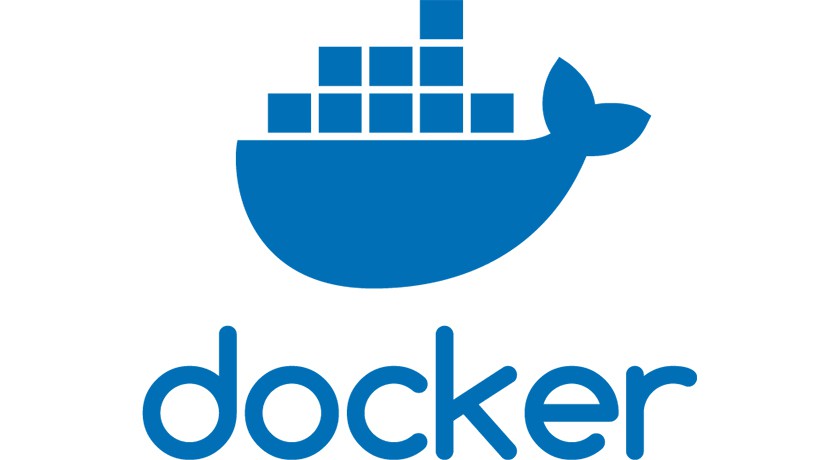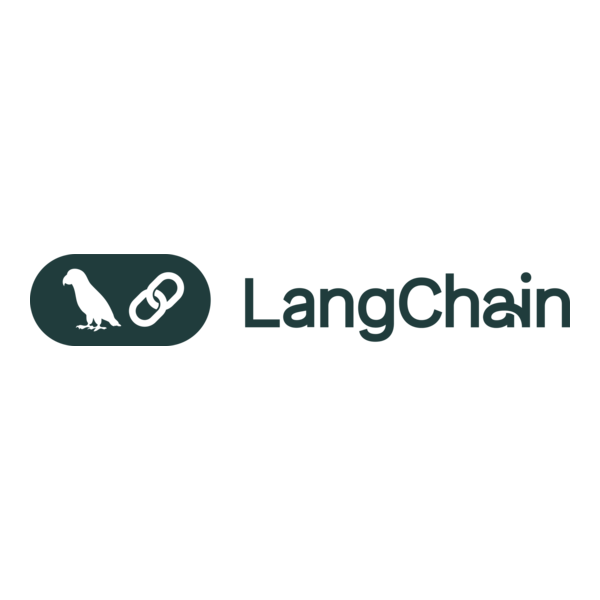Loading...
Blog
Docker properties and the difference from a virtual machine

Docker is primarily software that allows you to install the required operating system in isolation on a specific area of memory. A virtual machine is a hardware emulator. That is, we can install another operating system that can be run in parallel with the main one.
The virtual machine has its own guest OS, which makes virtual machines heavy. Docker containers, in turn, have a common operating system, and therefore they are light. Therefore, the cost of managing a container system is very low compared to virtual machines.
All Docker containers are easy to carry as they do not have separate operating systems. The container is transferred to another OS, and it starts instantly. On the other hand, virtual machines have a separate OS, and it is difficult to move it compared to containers, it takes a lot of time, all because of its large size. Docker containers are an ideal choice, especially for development.
If you compare Docker virtual machines and containers, it will not be very fair, because they are used for different purposes. However, Docker`s lightweight architecture makes it the best choice. Containers have an advantage over virtual machines, and all because of their speed, and the use of resources depends on the load or traffic in it.
(Docker-image) - a file that includes dependencies, information, configuration for further deployment and initialization of the container. If simpler, then it is a design project of your room, a clear scheme of what and where it will stand;
(Docker-registry) - a reserved server that is designed to store docker-images.
(Docker-container) is a lightweight, stand-alone executable software package that contains everything you need to run a program: code, runtime, system tools, system libraries, and settings. That is, it is a ready-made room in which you can live.
Docker is based on a standardized way to execute code. Docker is primarily an OS for containers. A virtual machine creates a virtual representation of the server hardware, containers in turn create a virtual representation of the server OS. Each server, after installing Docker, provides access to the commands we understand, which are necessary for building, starting or stopping containers.
If you use Docker, you can deliver or move code faster and more efficiently, and standardize the operations performed by applications, which overall saves money by helping to optimize resource use. Users with Docker get an object that is highly reliable and can run on any platform. Simple and at the same time understandable Docker syntax, guarantees complete control over all operations performed. Container implementation means access to a variety of tools and pre-built applications that you can use with Docker.

